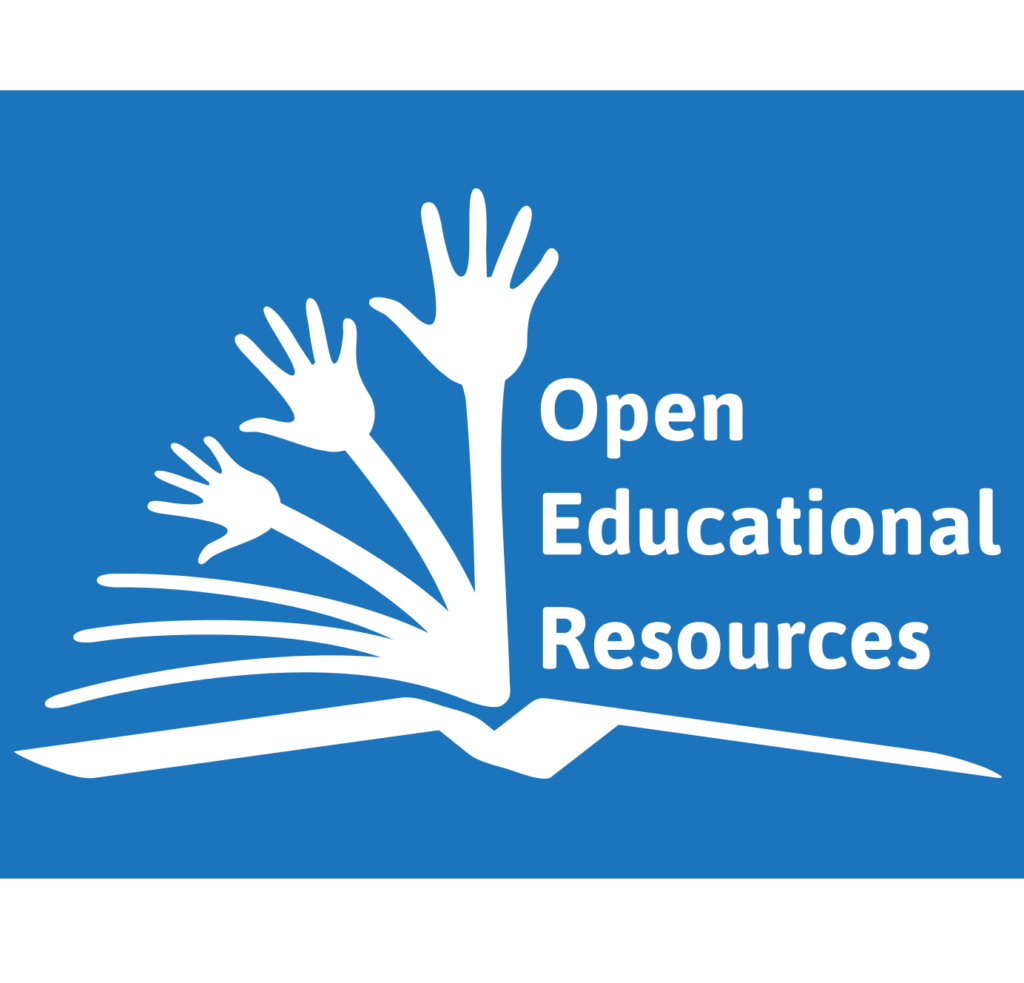Digital education reading group: January 2024
In our first meeting of 2024, the digital education reading group discusses the evolving face of open educational resources (OER). Michael Davis is our curator this month and has prepared the following for us.
OER stemmed from developments in open and distance education, and in free software sharing in the 1980s and 90s. The movement was galvanised in 2002 when Massachusetts Institute of Technology (MIT) published online all of the materials from its degree programmes as part of its OpenCourseWare project, making them freely and openly available to everyone.

Since then, we have seen myriad (if disparate) initiatives, not least the related phenomenon of MOOCs. The development of OER and open licensing of educational materials enjoys sustained support from international organisations and governments especially since UNESCO’s Paris OER Declaration 2012 which called on governments to ‘openly license publicly funded educational materials for public use’. However, persistent concerns and challenges around intellectual property, funding, capacity, policy support and above all quality continue to deter uptake beyond relatively specialist (and predominantly anglophone) communities of interest.
And so, over twenty years on, the promise and potential of OER remains unrealised. But, given its ability remove barriers to education, to provide opportunity to modify and enhance course material, and to adapt content for different cultures and approaches to learning, the movement remains as relevant as ever in the context of sustainable development, the digital divide and addressing global inequalities.
Some questions for us to consider
Clearly, the question of access is close to our hearts at UoL but, as our offer becomes progressively less affordable for large parts of the world, the topic of OER may also provide a useful counterpoint for reflection. Possible points for discussion include:
- the continuing value and purpose of our MOOC provision in an ‘open’ context
- the practical difficulties inherent in taking additional steps towards reserving some, rather than all IP rights
- the importance of digital literacy
- the scope for greater openness within our model to support inclusive knowledge sharing and innovation.
- the implications for us and our learners.
Resources
1. Campbell, L.M. (2022) Open Education and OER in the Curriculum, The University of Edinburgh
An accessible introduction to the principles, benefits and challenges of open education and OER from the perspective of a UK university.
2. Wiley, D. (2013) On Quality and OER
David debunks the myth that OER = poor quality. A thought provoking, short blog post about quality and OER.
3. UNESCO (2017) Second World OER Congress: Ljubljana OER Action Plan
To reinforce the link to the sustainable development goals agenda, I wanted to include this. It presents 41 recommended actions to mainstream open-licensed resources to help all Member States to build Knowledge Societies and achieve the 2030 Sustainable Development Goal 4 on “quality and lifelong education.”
4. Tlili, A. and Burgos, D. (2022) Unleashing the power of Open Educational Practices (OEP) through Artificial Intelligence (AI): where to begin?
This paper is quite recent and relates to AI as well which seemed topical.
5. Cross, S. and Whitelock, D. (2017) Similarity and difference in fee-paying and no-fee learner expectations, interaction and reaction to learning in a massive open online course
Available by logging in with your UoL OpenAthens credentials. A rather dry article, but food for thought for us and our MOOCS. It basically concludes that paying students take their studies more seriously, so not exactly earth shattering either.
6. Koçdar, S. et al. (2023) Openness in education as a living idea: A longitudinal investigation of its growth and development
Available by logging in with your UoL OpenAthens credentials. Focussing on the concept of openness, this paper gallivants merrily through fields of OER, open educational practices (OEP) and much more besides. It’s quite heavy going, but there are various discussion points in the conclusion that seem very relevant to us.
7. Kinman, R. (1998) Cracking “Open” a Learner‐centred Door: Open Learning or Just an Open Question?
Available by logging in with your UoL OpenAthens credentials. This was the first thing I read on this subject, but the themes remain mostly relevant.
8. Encore+ (2021) Open Educational Resources and Repositories: the Role of Quality
This European Network for Catalysing Open Resources in Education report provides an EU perspective on work underway and most of all the theme of quality assurance and review frameworks.
Image credit: Open Educational resources image by Jonathasmello – Own work, CC BY 3.0
List of topics discussed at previous meetings
